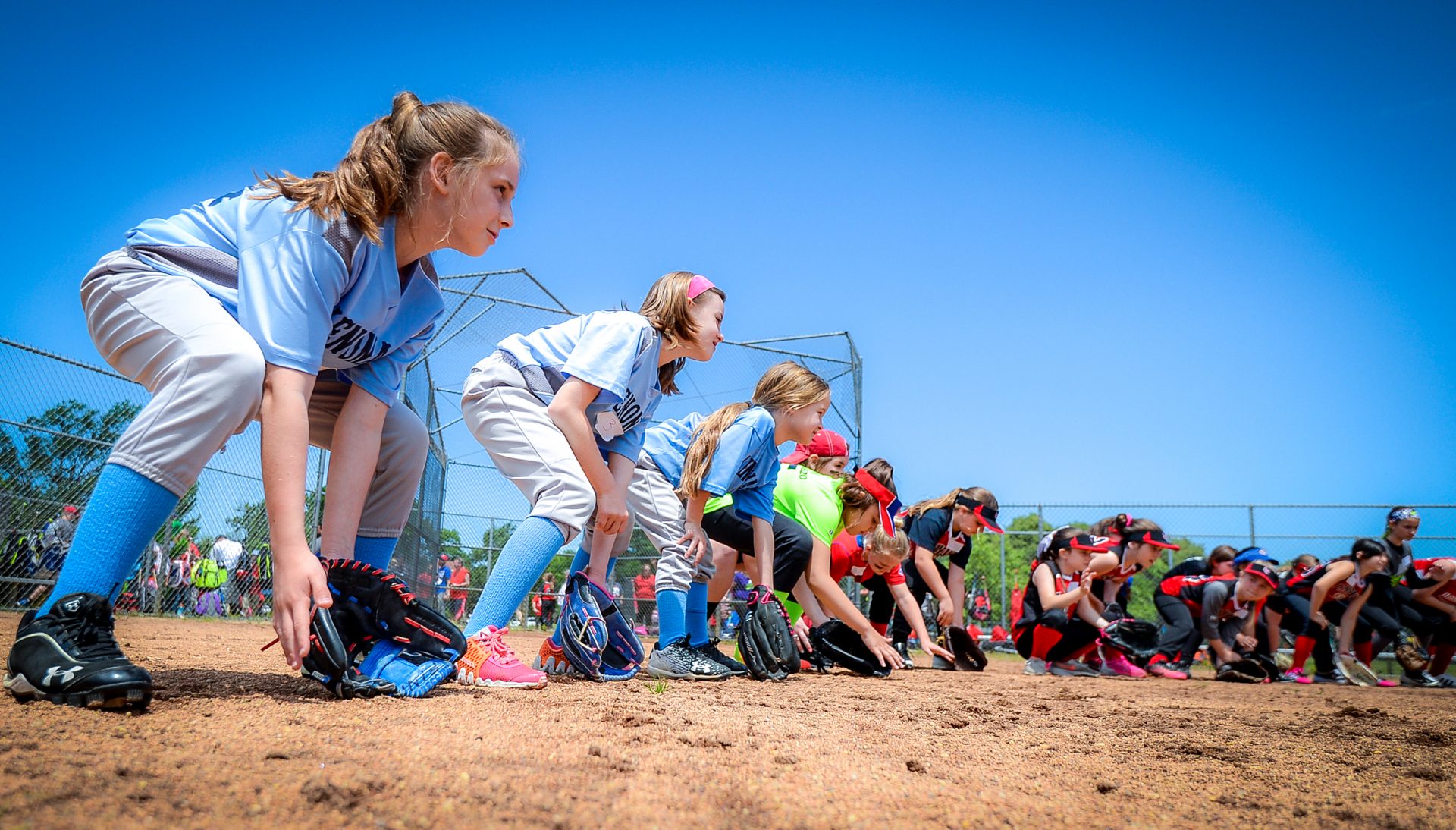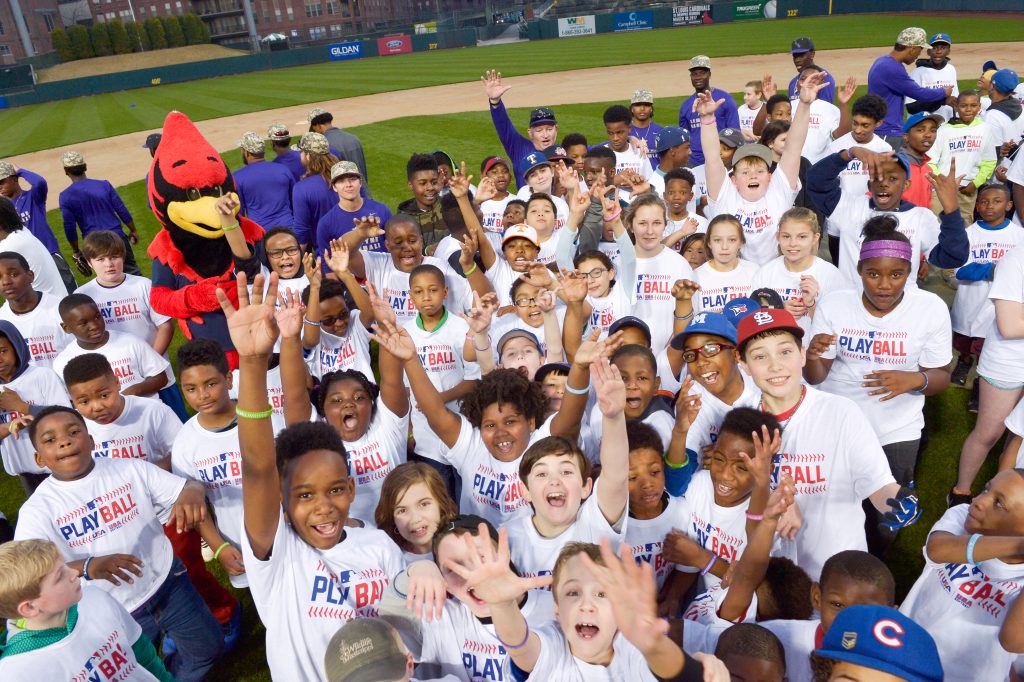Purpose At Work
Purpose At Work: How Cleancult Is Accelerating The Zero Waste Movement

This is the seventh post in a series of interviews with purposeful business people. Interviewees attended the Los Angeles Social Innovation Summit. Innovators flock from the world over to discuss impact challenges and aspirations. For this article I spoke with Melanie LeGrande, VP of Corporate Social Responsibility for Major League Baseball (MLB).

SIMON MAINWARING: How does MLB bring its purpose to life?
MELANIE LEGRANDE: We want to do business in a responsible manner. Seventy plus million people come into our ballparks every year. That's a huge platform. And a huge responsibility. But there's a thin line when it comes to pushing a cause at every game.
MAINWARING: What lessons would you share about how to calibrate that so that you don’t overdo your cause marketing?
LEGRANDE: You can do many things out in the open, but you continue to do great things that people don't hear about. We support domestic violence education and awareness. We support people transitioning out of the military into civilian life. We give to people experiencing mental health challenges.
We support Stand Up To Cancer, the Boys & Girls Clubs of America. We've committed millions of dollars to the Jackie Robinson Foundation. We're supporting their 98 percent graduation rate for scholars they fund to attend great colleges across the country.
People know that because Jackie Robinson was a Hall of Famer and an icon. But they don't see when our employees go to the Jackie Robinson Foundation Conference and sit on panels and talk to kids about their careers. They don't see the volunteer event that we host for a hundred Jackie Robinson scholars. And that’s how it should be.
MAINWARING: Do you not do that because you don't want to be seen as self-serving?
LEGRANDE: I think that there are only so many stories you can tell. People have a lot of noise in their lives. Sometimes it makes sense to tell the stories. Sometimes it makes sense to just do the work.
MAINWARING: Sport is such a crowded category. How do you differentiate yourself in terms of doing good?
LEGRANDE: We all have to run our own race. We do things that make sense for our sport, for our clubs, for our ownership group, for our players. I don't think everyone has to race with blinders on. I also don't think they should look over their shoulder saying, ‘Well, this is what everybody else is doing.’
MAINWARING: You have so many impactful projects going on. How do you organize your initiatives?
LEGRANDE: You have to think about your audience. When a Los Angeles Dodgers player, let's say Justin Turner, is working with his foundation to support homeless veterans, he can tell all the Dodgers fans, “This is what I do.” But you don't have to share that all the time with everybody. Justin Turner can talk to the military community. That's the audience that needs to know what he's doing. They can talk to homeless veterans and say, “Hey, there's a caring place that you can go to.”
MAINWARING: Tell us about the MLB’s purpose and how it informs other aspects of the company.
LEGRANDE: My role is to integrate social and charitable considerations into every facet of our business. But I don't do that in a silo. We have a social responsibility working group. We've got communications, marketing, diversity and inclusion teams. There are baseball and softball development and player programs reps. So how can we work together to impact our communities? The group is a resource to our leadership, and to each other. No matter what element of the business we support, we’re all committed to responsible practices and encouraging kids to be Major League citizens.
MAINWARING: Tell me about Major League citizens.
LEGRANDE: It's a concept that we channel. We have a Youth Academy network with a dozen locations across the country. Our staff work with young people not just on baseball and softball instruction. They help with academic achievement, mentoring, and role modeling.
We want to make sure kids have access and exposure to all different types of careers. It's not just about putting a bat and a ball in a kid's hand. It's about working with the child to be the best person they can be.
MAINWARING: What's the work that you're doing internally where you think, “Wow, we're pushing ourselves here, and it's kind of exciting?”
LEGRANDE: One of the things we're doing with Discovery Education is infusing our sport into the curriculum. Even better, we're able to go to the Camden Yards in Baltimore and talk to the head groundskeeper. She can get on video and say “I work for a team, but this is what I do.”
So, we're able to teach STEM education through our sport and reflect those lessons in our day-to-day, both on and off the field. Then we can work with Discovery Education to get that out into communities across the globe. Distributing and marketing the sport in a way that has social impact measures around it is something that we've done a lot more of recently.
MAINWARING: How does a brand like MLB communicate the authenticity of its commitment to young athletes through the game?
LEGRANDE: There's no easy answer to that because you have to fold in the issue of mobile devices and digital consumption. So, you're not just talking about the game. Maybe they weren't even looking at the mechanics of the game because they were engaging on their digital devices. In short, there’s so many different considerations when you're in the ballpark. There's a different time and a different place for everything.
MAINWARING: So how do you bring your values to life at appropriate moments through that customer journey?
LEGRANDE: I don't think everything you do has to incorporate the messaging. Be strategic and understand the audience. Understand the moment, understand what you're contending with.
MAINWARING: Do you find your impact is making a difference to your advertisers or partners?
LEGRANDE: There's been a trend over the past decade of corporate responsibility and social impact in corporate partnerships. We want to work with companies with clear corporate citizenship goals. Companies that want to bring about positive change.
For example, we work with GEICO on our Seats for Service program. Military service members receive seats across the country at different installations. We partnered with T-Mobile to support Team Rubicon with disaster relief. A lot of these times, our interests exactly align.
MAINWARING: How do you deal with who gets the credit?
LEGRANDE: We believe that partnering with other organizations that have a like-minded approach will result in good outcomes for everyone involved.
MAINWARING: What's the best-kept secret about the MLB?
LEGRANDE: It’s surprising for some to understand how digitally focused we are. People don't think they can have a STEM career in baseball. Of course you can. We have coders. We've got people working on analytics. It's not just the corporate world of HR, finance and legal. Understanding data is a huge part of our business.
MAINWARING: Where do you want the MLB to be, in terms of impact, in five years?
LEGRANDE: Play Ball is our sport's largest collective effort to get kids playing diamond activities. Whether it's casual or formal play, we just want you out there. Growing the game is a big thing for us. We'd like to grow our network of academies, as well. We aim to keep working with kids to be Major League citizens. So we're growing great people, not just great ball players.

Purpose At Work: How Cleancult Is Accelerating The Zero Waste Movement
Target, G-Star, and Levi’s Show How To Embed Purpose Into Your Products
How To Use Immersive Storytelling To Bring Your Brand Purpose To Life

